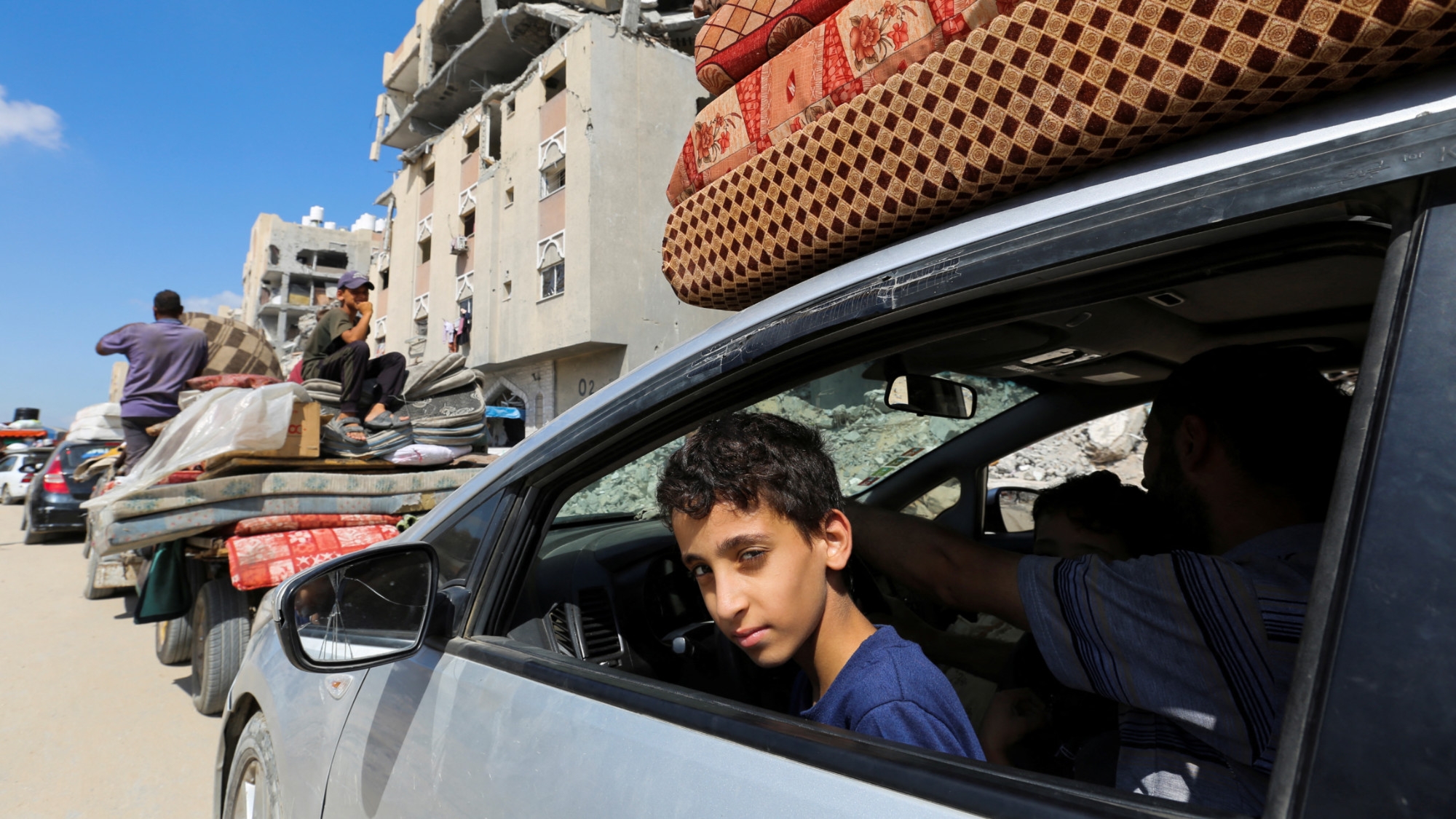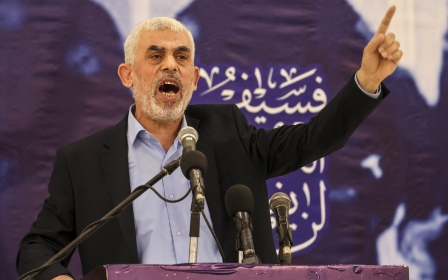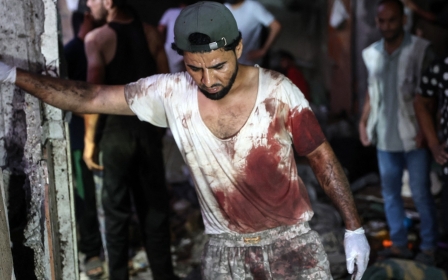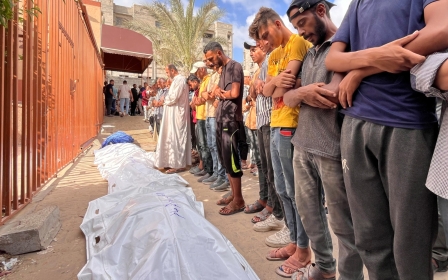Hamas demands implementation of Biden's truce outline instead of more talks

Hamas has urged mediators to focus on implementing the ceasefire deal currently on the table rather than initiating new talks, which it says aims to provide Israel with “cover” to continue its war on Gaza.
The call, made on Sunday, comes days after US, Qatari and Egyptian mediators invited Israel and Hamas to attend a summit on 15 August to finalise an agreement.
While Hamas did not confirm whether it would participate or boycott the meeting, the Palestinian movement appeared to doubt participating.
Israeli Prime Minister Benjamin Netanyahu, who has been accused of blocking a ceasefire and perpetuating the war, said he would send a negotiations team to the summit.
In its statement, Hamas said that it had previously accepted a ceasefire proposal from mediators in May, welcomed US President Joe Biden’s outline later the same month and showed further flexibility towards new Israel demands.
New MEE newsletter: Jerusalem Dispatch
Sign up to get the latest insights and analysis on Israel-Palestine, alongside Turkey Unpacked and other MEE newsletters
Hamas has, therefore, urged meditators to provide a plan to implement the most recent proposal, which it said it agreed to on 2 July.
The group also demanded that meditators “oblige the occupation to” follow through with the deal.
More rounds of negotiations or new proposals would “provide cover for the occupation’s aggression and give it more time to perpetuate the war of genocide against our people”, the group added.
Israel and Hamas have been engaged in indirect talks since January to negotiate a deal that would end the war on Gaza and facilitate a prisoner exchange between the two sides.
They have gone back and forth over the details of a three-phased outline for the agreement, presented by US, Qatari and Egyptian mediators.
The outline was backed by Biden in May and the UN Security Council in June.
It would see a phased end to the Israeli war on Gaza, the withdrawal of Israeli troops from the strip and the release of all Israeli captives in exchange for Palestinian prisoners.
In recent weeks, Netanyahu has been accused of backtracking on commitments made earlier in the talks and introducing new demands.
Critics see these actions as an attempt to sabotage the deal for political reasons, driven by threats from his far-right allies who said they would quit the governing coalition if the war is stopped, causing the government to collapse.
Netanyahu says he is focused on achieving the declared goals of the war.
Progress in the talks in recent weeks was also hampered by the suspected Israeli assassination of Hamas chief Ismail Haniyeh in Tehran and a top Hezbollah commander in Beirut last month.
Hamas argues that Israel's recent escalations signal a lack of genuine interest in reaching a deal. The group pointed to the recent Saturday "massacre" in Gaza City, where Israeli air strikes on a school-turned-shelter killed over 100 people as they lined up to pray.
The attack occurred just two days after Netanyahu said a team would be sent to the summit called by the mediators.
Israel has killed nearly 40,000 Palestinians in its 10-month-long war on Gaza, including at least 15,000 children and over 10,000 women.
Middle East Eye delivers independent and unrivalled coverage and analysis of the Middle East, North Africa and beyond. To learn more about republishing this content and the associated fees, please fill out this form. More about MEE can be found here.




